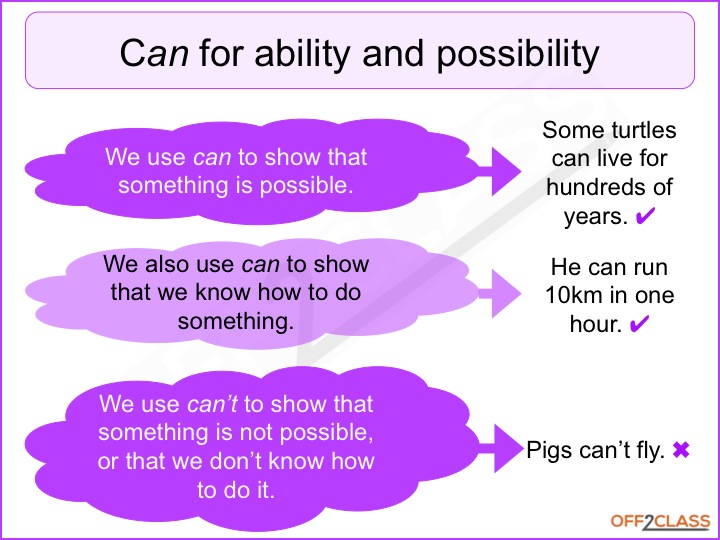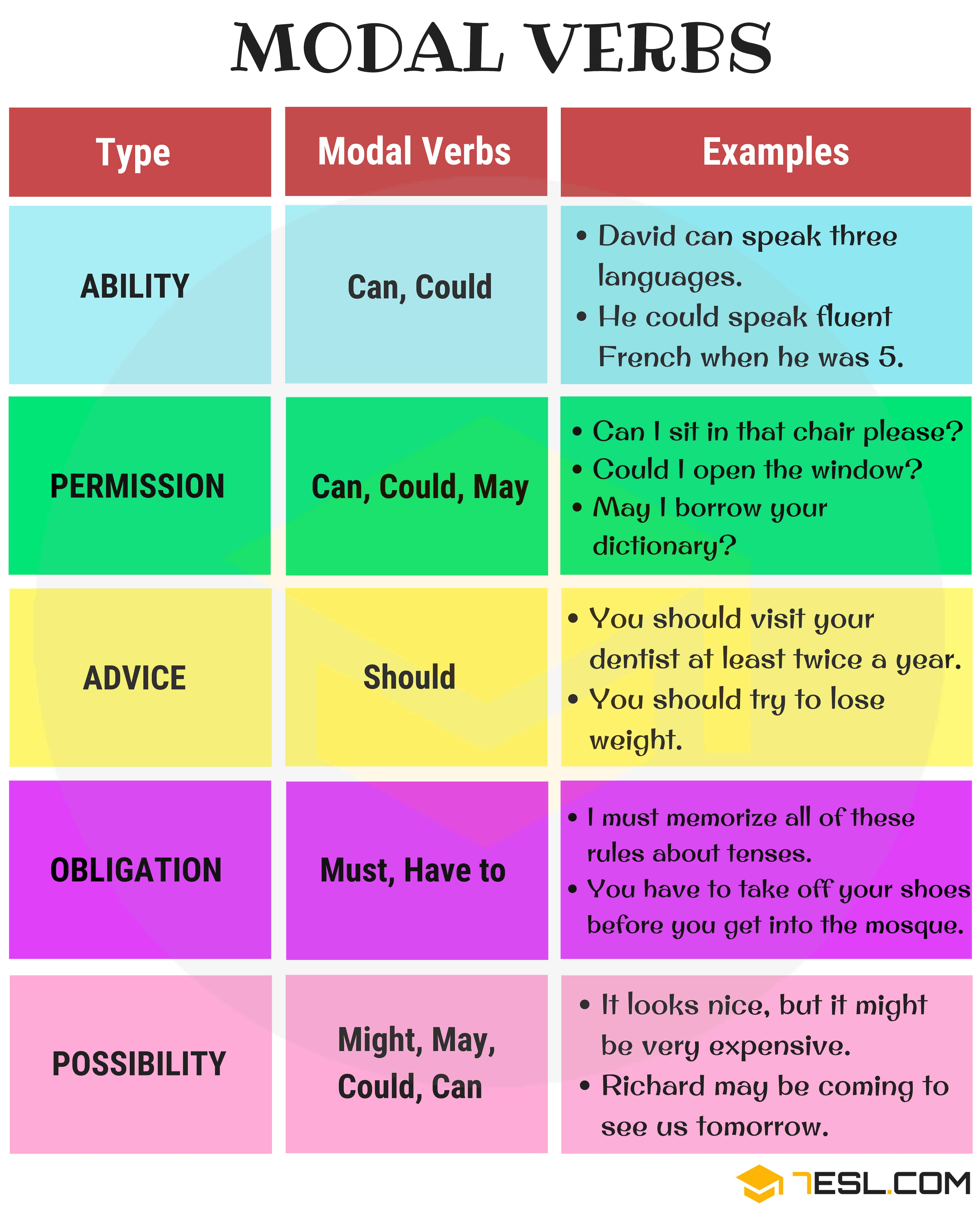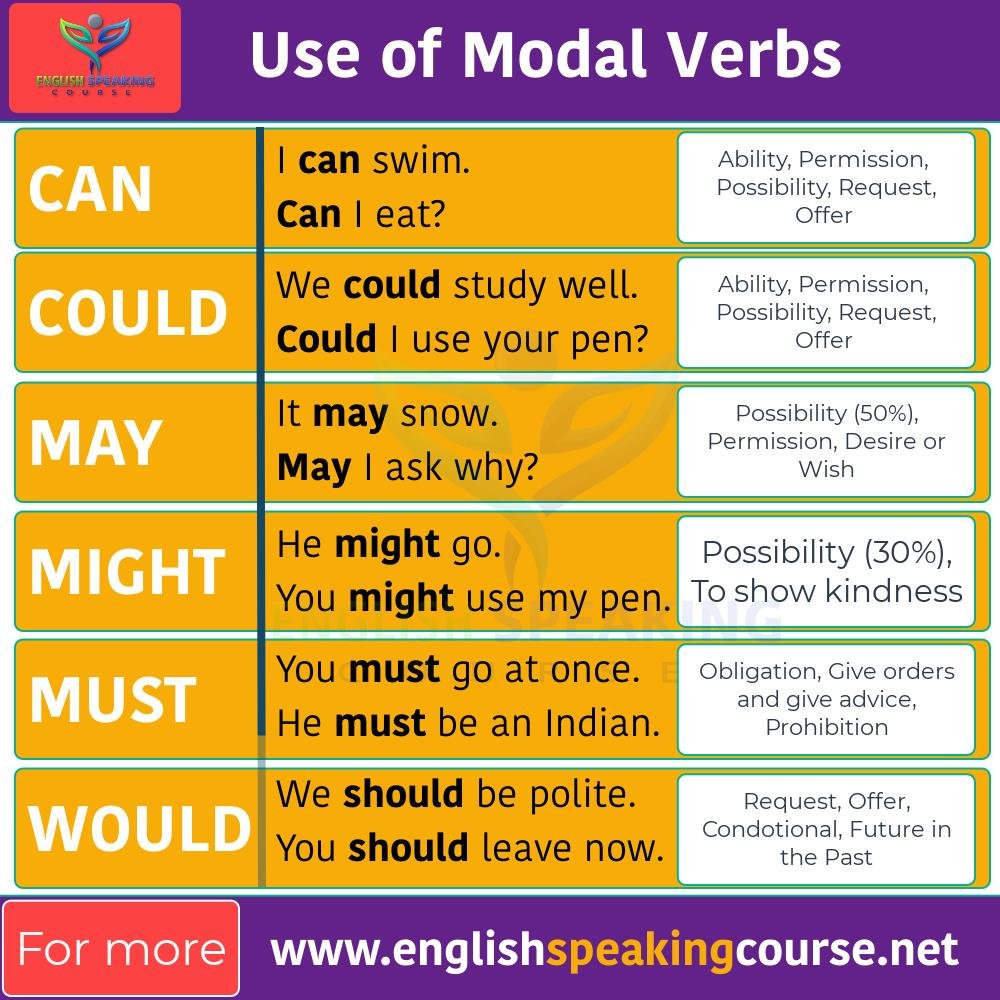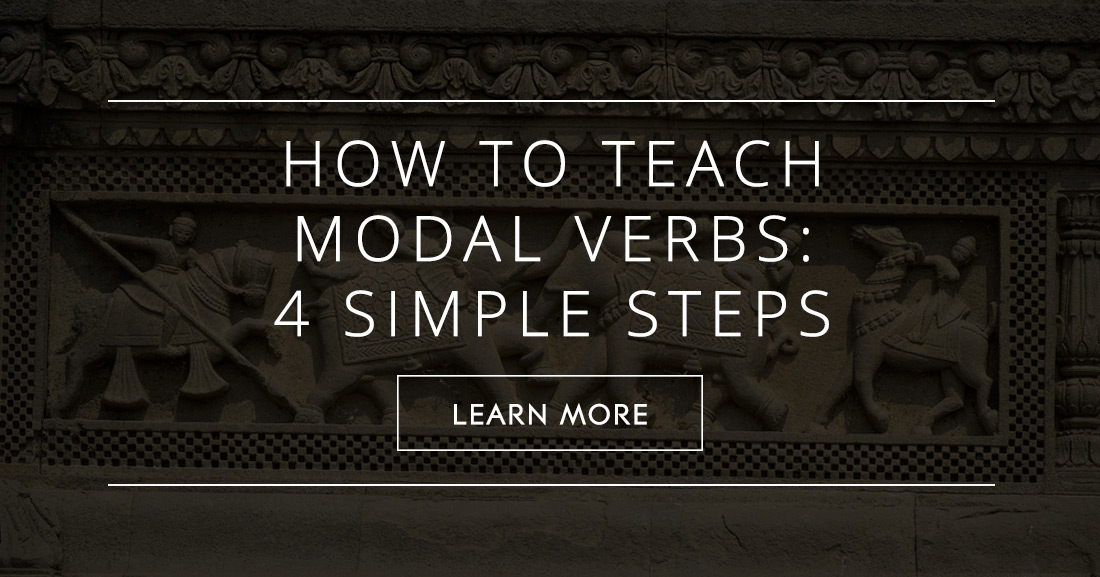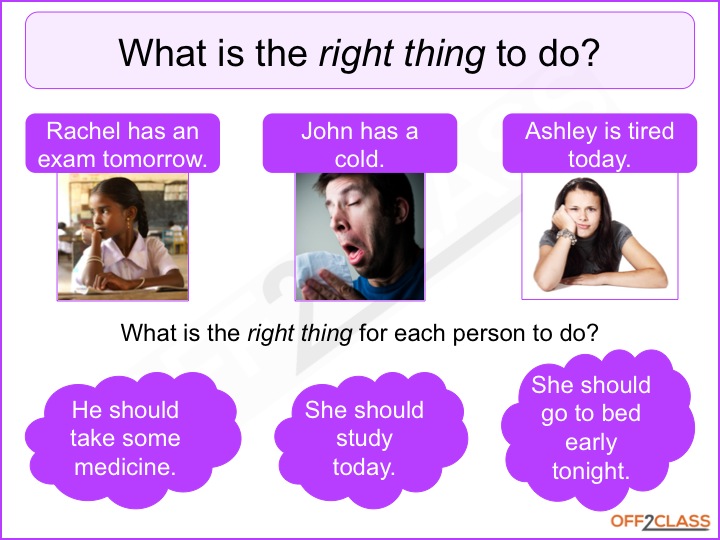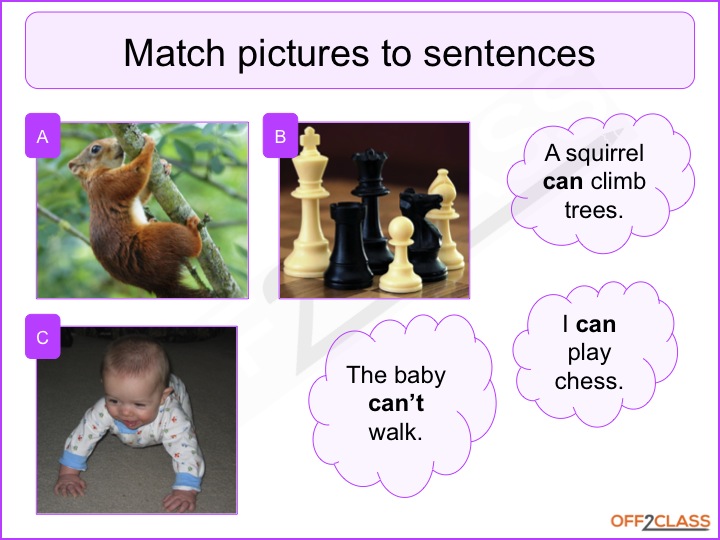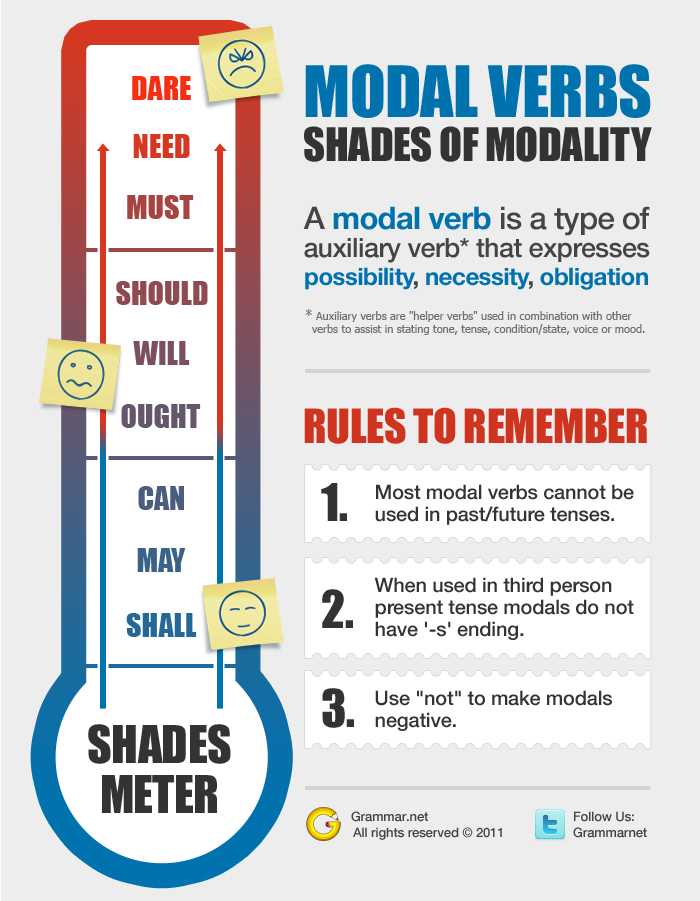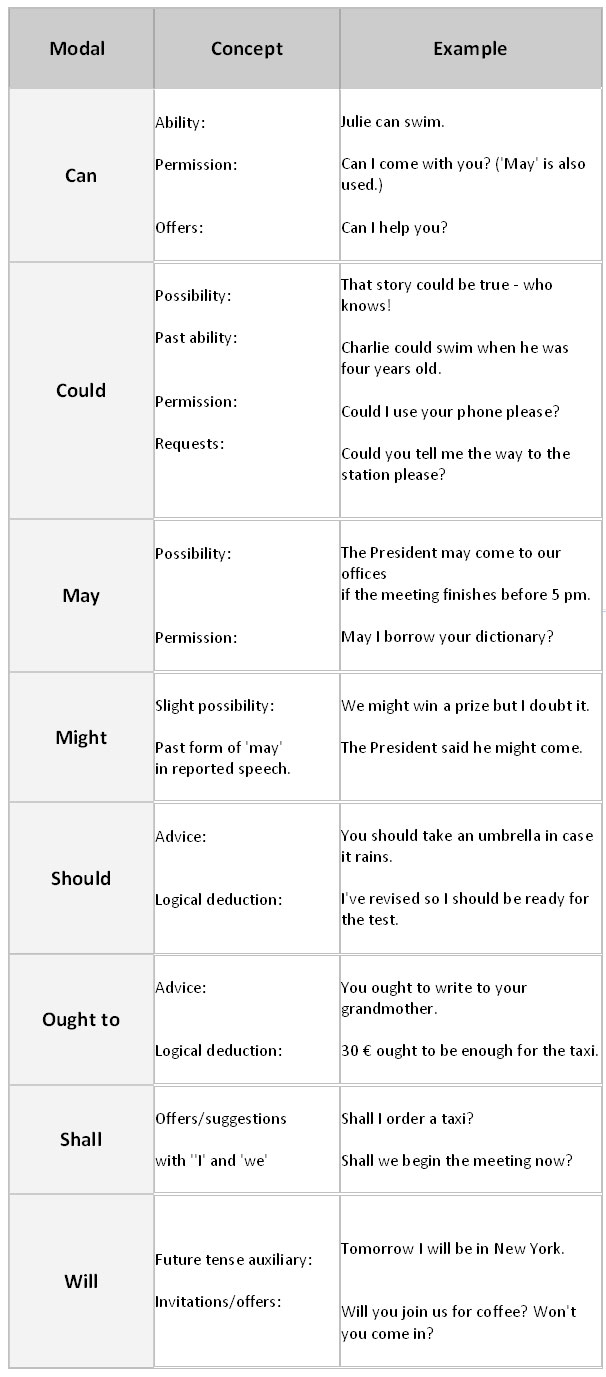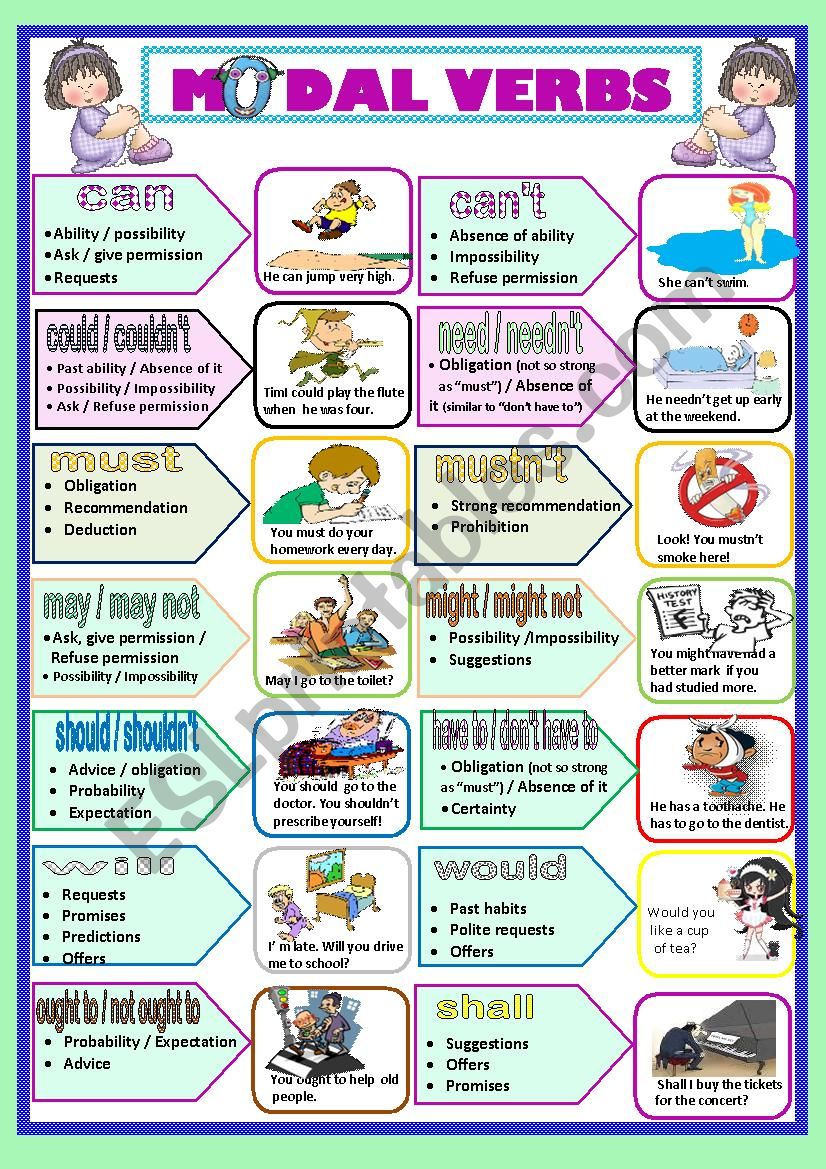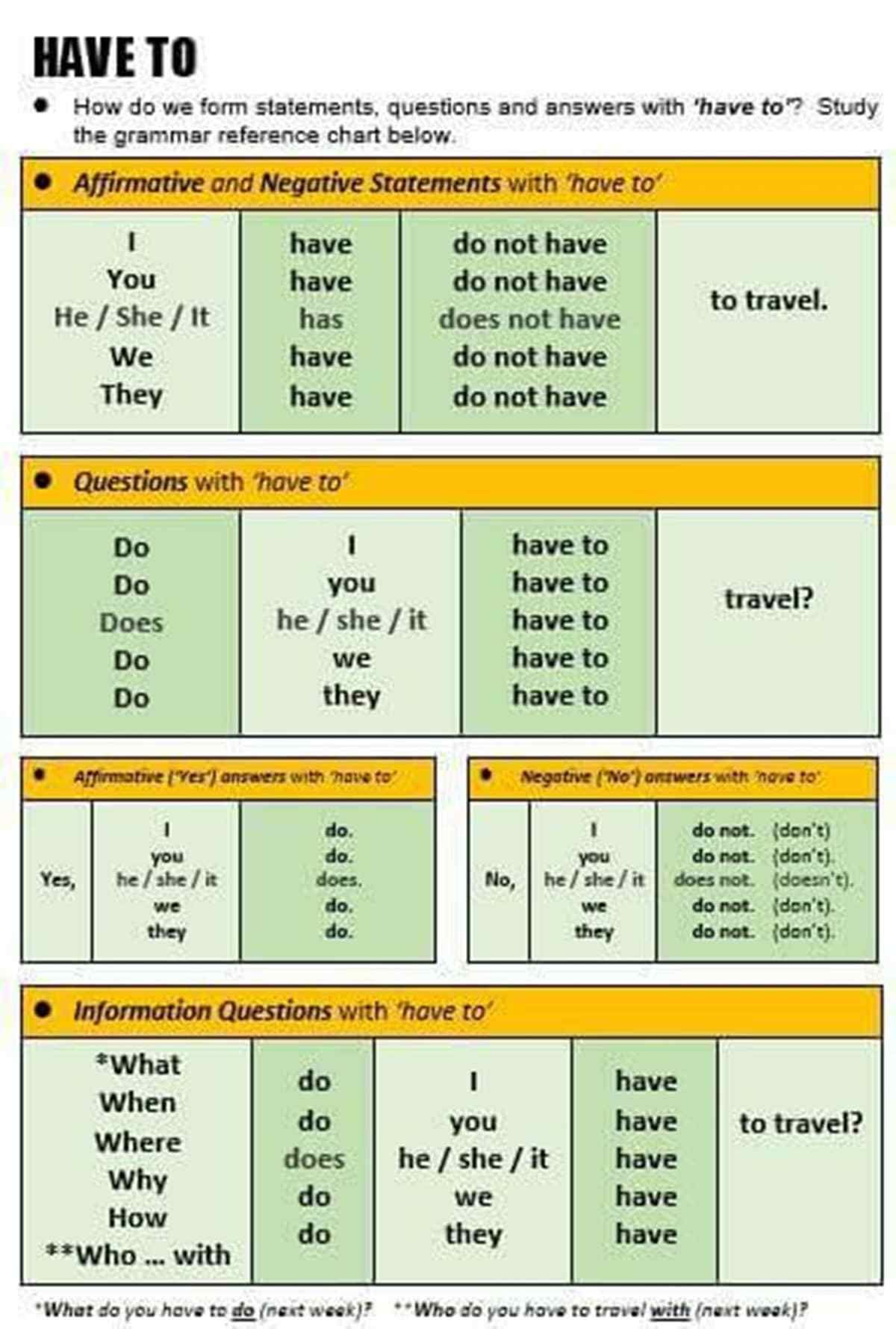Can’t-Miss Takeaways Of Info About How To Learn Modal Verbs

The great thing about modal verbs is that they all.
How to learn modal verbs. After going over each modal and what they mean, teachers can draw three columns on the board, marking each one as “certain,” “possible,” and “impossible.” the teacher can write down a. That means you create negatives by adding ‘not’ to the end of the verb. Dürfen, können, mögen, müssen, sollen, wollen.
Modal verb expresses ‘auxiliary’ verbs. What are modal verbs,how many types of modal verbs,auxillary verbs,english grammar,learn english,spoken english,spoken english in telugu,spoken english throu. Learn english modal verbs usage and find out modal verbs types, examples and common mistakes.
Modal verbs just use the verb stem, no ‘to’. What do modal verbs do? You don’t need to conjugate these verbs.
Modal verbs are used to express obligation,. _____ you be able to bring your camera when you come? Test your knowledge of modal verbs.
Look at the instructions in part 1. We usually don’t use them on their own but with another verb. Why do we need modal verbs?
In english grammar, would, should, and could are the three most commonly used modal verbs that get mixed up by a lot of esl learners. Modal verbs are verbs like should, can, could, might, will etc. A modal verb is a verb that is used to indicate ability, requests, possibility, permission or obligation.

